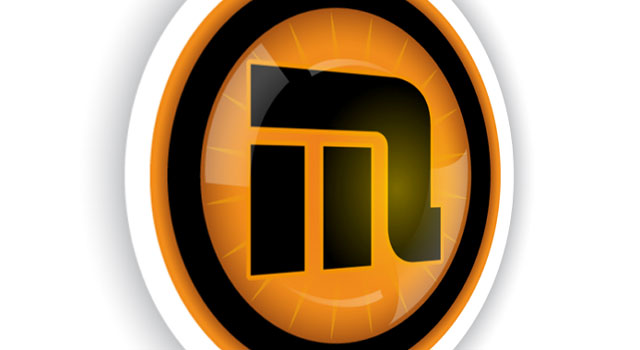
Stellenbosch-based mobile social network Mxit is retrenching as much as 27% of its workforce, company insiders say. This comes just months after the exit of CEO Alan Knott-Craig, who also formerly headed up the investment vehicle World of Avatar of which Mxit is part.
TechCentral has learnt that Mxit may be retrenching in the region of 40 people out of its total staff complement of 150. Mxit spokesman Sarah Rice confirms that discussions are underway with “around 40 staff”. She says the process is voluntary and Mxit will only be in a position to confirm details of the retrenchments on Monday.
Rice denies market talk that there are plans afoot to unbundle or dismantle holding company World of Avatar, whose shareholders include the “family interests” of former FirstRand bigwigs Paul Harris and GT Ferreira.
World of Avatar, which was founded by Knott-Craig, acquired Mxit in 2011 from founder Herman Heunis and media group Naspers. The value of the deal was not disclosed. Knott-Craig resigned as Mxit CEO and left World of Avatar in October after reportedly clashing with Harris and other investors over strategy.
Rice says World of Avatar has honoured all of its funding agreements but that “like all investment companies it looks at its portfolio and shifts money to where growth is”. This may explain why Mxit’s stablemate in World of Avatar, Boom.fm, announced on its blog on Friday that it is shutting up shop on Monday.
Boom.fm was launched in September last year. The service was co-founded by Pete Matthaei and Ruth Harris. Matthaei was previously involved with World of Avatar directly.
In the statement announcing Boom.fm’s closure, the company says World of Avatar will no longer fund it because, despite more than a year of commercial operation, its “current revenue streams do not cover our operating costs”.
The company intends to archive the site’s content and other data until it can find a brand “committed to supporting the South African music industry”.
“In hindsight, a digital music passion project should be bootstrapped, not funded,” Matthaei says. “Digital music is a bit of an all or nothing affair – to make a real impact you need access to a huge catalogue”.
In a world where old music industry models are “broken”, Matthaei says labels, artists, and independents are still coming to terms with how distribution systems like downloads, subscriptions and physical purchases can coexist. — (c) 2012 NewsCentral Media




